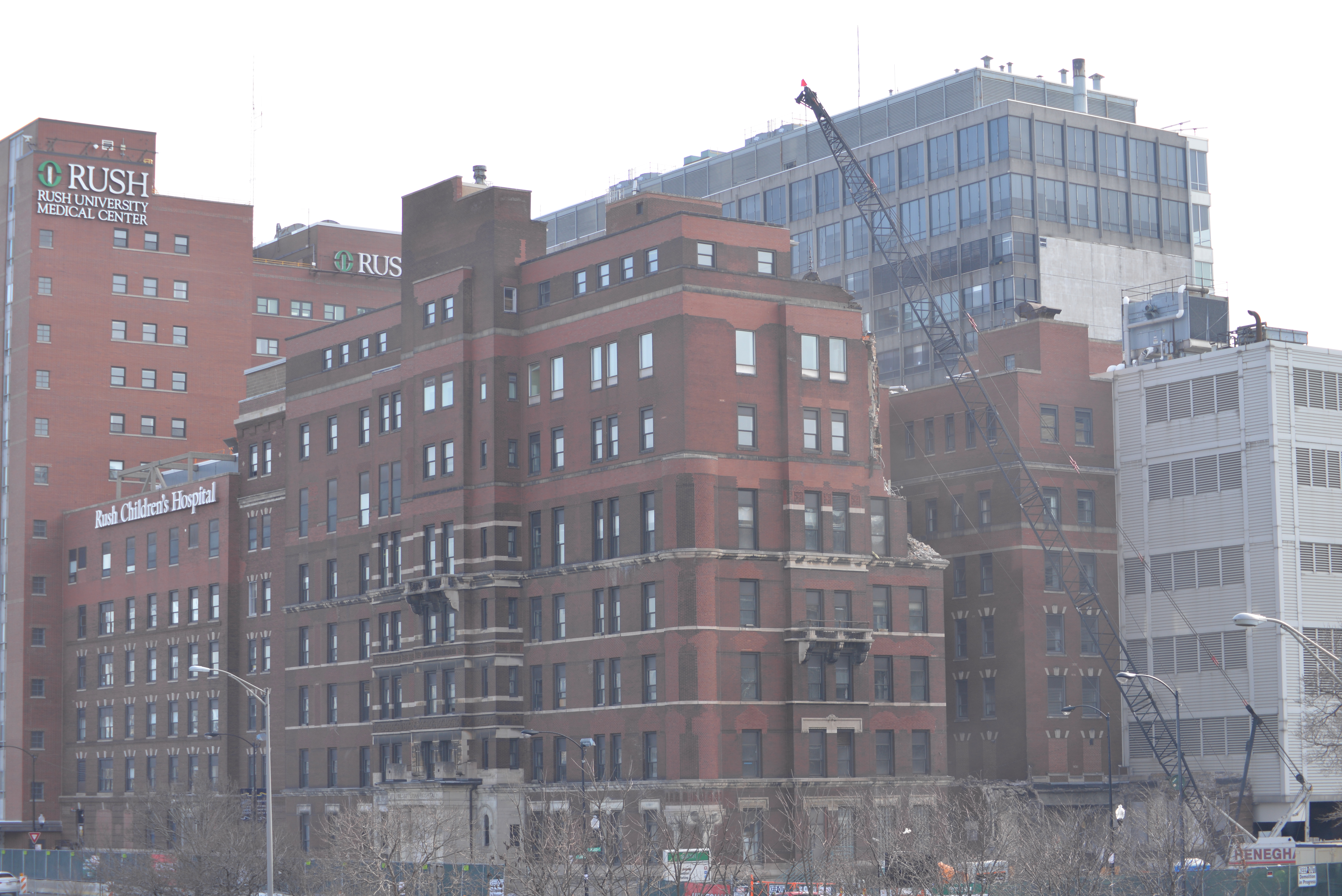

Backed by World Central Kitchen, we’ve served almost 25,000 meals in four weeks. While we’ve been closed, we have been doing what we know: feeding nutritious meals to in-need communities and first responders. To shoulder our workers with the brunt of this responsibility seems unfair, to say the least.

What once would have been a small oversight, like ignoring a fever, could rapidly ruin any progress we’ve made. And one person can infect swaths of others. There will be no jobs if they have to quit because of honest and well-founded fears about their own health. I worry about economically-stricken workers who will get called back to the schedule, desperate for their jobs. Looking nationally, I worry about a muddle of different state-by-state rules that have little logic. But I also worry about financially burdened restaurant owners who feel they have to move faster than they’d like in order to get their bills paid, who may not take the necessary steps to ensure the health of their workers and their customers. We know that no one will dine with us if they don’t feel safe. I trust chefs, for the most part, to do the right thing. We have to allow hospitality in ways that were forbidden before to reclaim some of our lost revenue. That may be a key change in cities across the country: the easing of restrictions on sidewalk dining. We have outside dining areas, which will be critical to our making people feel assured of their safety. We will adjust prices a touch to offset the losses, and figure customers will understand why we did. They are large, and have room to scatter tables with more space between. But no one is rushing out to have a crowded function for a while.Īnd my places, actually, are in a pretty good position. And with annual sales of $2 million cut in half at best, how does the system expect me to retain my people in the long run? Will my landlords be happy to take less? Will the farmers I buy from be solvent with half-orders? Will I ever host a cocktail party for 40 in the bar area again? Will a group of 12 feel comfortable having a business dinner? I really think that customers will trust us, as long as we show them our plan. I am not a scientist, but I do listen to the science, and it tells me that this is not over. But I don’t think that I would do even 10% of a normal night’s covers for the next few weeks, maybe months. The muddled financial reality is that even if we did reopen, how many diners would there be? If I properly space out tables, I lose half my seats. We have communities in distress, and I think fine dining is the last thing we really need right now. We have rural hotspots to deal with, and a rural hospital network that is broken. Yet Georgia has tested just over 1% of a population of 10.5 million. Businesses such as tattoo parlors, wax salons, barber shops, bowling alleys, and gyms were allowed to reopen last week, and restaurants got clearance on April 27. My state of Georgia was the first to recklessly and stridently ask us to put out the “OPEN” sign. The most unsettling dilemma might be that we’ve now been asked to unlock our businesses. We sold a ton of wine, but that has a shadow consequence of us needing to reinvest in stock prior to opening again. We did takeout for a while, but demand was erratic. How long can we last just being shuttered? Do I change concepts, and start doing food to go? And what are the hours for that? Do I print new shirts and ramp up merchandise to sell online? How much is a bumper sticker worth from a permanently shut-down restaurant? Do I sell all the wine inventory? Can I just become a dental hygienist?īasically, we did much of that. And i n these pandemic times, we are faced with some financial decisions that are not in our wheelhouse. My team and I, like many others in hospitality, are perplexed as to what the future holds.

#RESTAURANTS NEAR RUSH HOSPITAL FULL#
They all paid their bills and splashed away with smiles and full bellies.īut the ides of March - now April, too - have brutally ravaged my industry. Diners took off their shoes, rolled up their pants, and continued dining by candlelight as the power shut off. My restaurant Five & Ten used to flood on a regular basis, once with a literal foot of water pouring through the front door in big storms, at 8 p.m. No one even noticed, and she returned to her table a little embarrassed but very thankful. We roll up our sleeves and get the work done.Ī woman at table 10 once choked on a chicken bone, and two kind doctors at the bar swooped in and took her to the restroom to fix the scenario. We triage complex situations daily, and find solutions, like the dishwasher that breaks down on a Friday at 7:30 p.m. The good thing about the world of restaurants is how often they are places of constantly managed crisis.


 0 kommentar(er)
0 kommentar(er)
